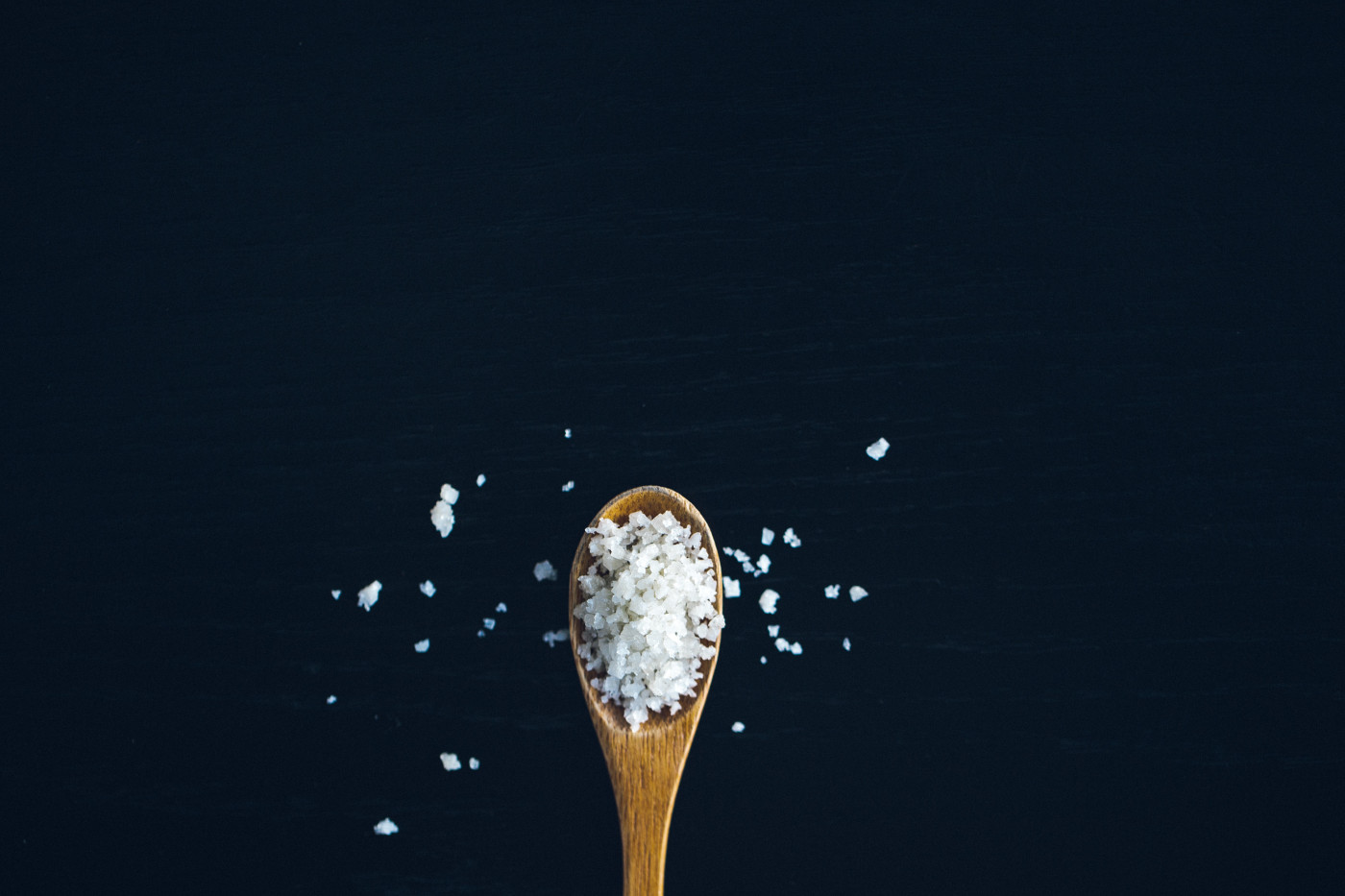High-salt Diet can Cause Dementia by Promoting Accumulation of Tau Plaques, Mouse Study Says
Written by |

A diet that is high in salt can cause dementia in mice by promoting a buildup of plaques of the protein tau, which is also associated with Alzheimer’s disease, a new study shows.
The study, titled “Dietary salt promotes cognitive impairment through tau phosphorylation,” was published in Nature.
This report builds on a previous study, published last year and authored by many of the same researchers, which demonstrated that a high-salt diet could lead to dementia in mice (or, at least, it led to mouse behaviors indicative of dementia, such as memory impairment).
In these experiments, a “high-salt diet” means a diet that is 4%–8% salt, which is 8–16 times higher than what is in standard mouse food. In the previous paper, the researchers noted that this level of salt in the diet is probably “comparable to the high end of the spectrum of human salt consumption,” though they said that estimating typical salt consumption in humans is challenging.
That study further determined that a high-salt diet induced a series of biological events, including the production of the pro-inflammatory molecule interleukin-17 by the small intestine, which led to decreased production of nitric oxide in the blood vessels around the brain.
Nitric oxide is a vasodialator — it relaxes blood vessels, allowing more blood to flow through — so the researchers initially thought that the decrease in nitric oxide might decrease blood flow to the brain, basically starving the brain cells and leading to dementia.
Further experimentation, however, suggested that this probably wasn’t the case because the blood flow in the brains of mice didn’t change much on the high-salt diet.
“We thought maybe there was something else going on here,” Costantino Iadecola, MD, a professor at Cornell University and co-author of the study, said in a news release.
In the new study, the researchers figured out what that “something else” was: the decrease in nitric oxide affected the stability of tau proteins in the brain.
Tau is a protein that normally functions in scaffold-like structures that help brain cells maintain their shape and transport nutrients. However, individual tau proteins can ‘break off’ of this scaffolding and form clumps in the brain, and these clumps are associated with dementia and Alzheimer’s disease.
The researchers first determined that mice fed a high-salt diet had increased tau clumps. Then they showed that, if they restored the production of nitric oxide in these mice, both the tau clumps and the dementia-like behaviors went away, suggesting that the nitric oxide regulates these effects.
Further research determined that the nitric oxide changed the activity of enzymes that can help tau ‘break off’ of the cytoskeleton: Nitric oxide “puts the brakes on activity caused by a series of enzymes that leads to tau disease pathology,” Iadecola said.
Furthermore, when the researchers gave the high-salt diet to mice that were either treated with an antibody that stops tau from clumping up or genetically engineered so they don’t make tau at all, these mice didn’t develop dementia, demonstrating a direct link between tau accumulation and dementia.
This demonstrated that “what’s really causing the dementia was tau and not lack of blood flow,” said Iadecola.
Based on these findings, the researchers suggested that cutting down on salt intake might help stave off dementia, particularly in older people.
Further research is needed to figure out whether the same phenomenon holds true in humans, they said.





